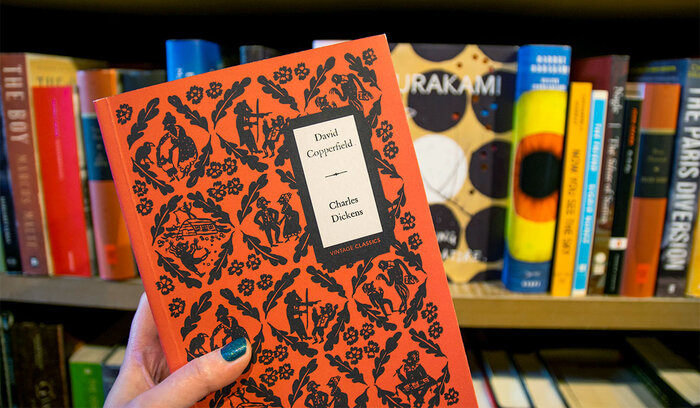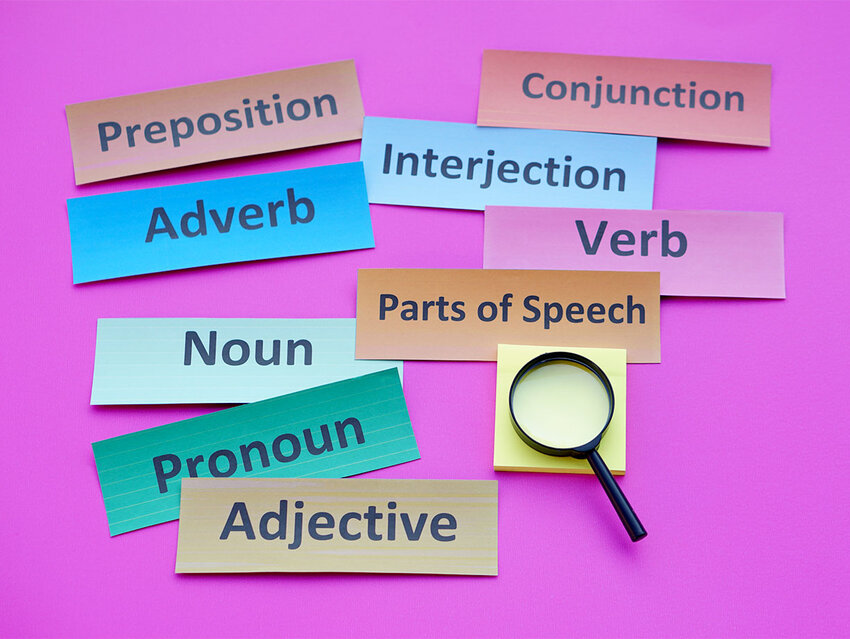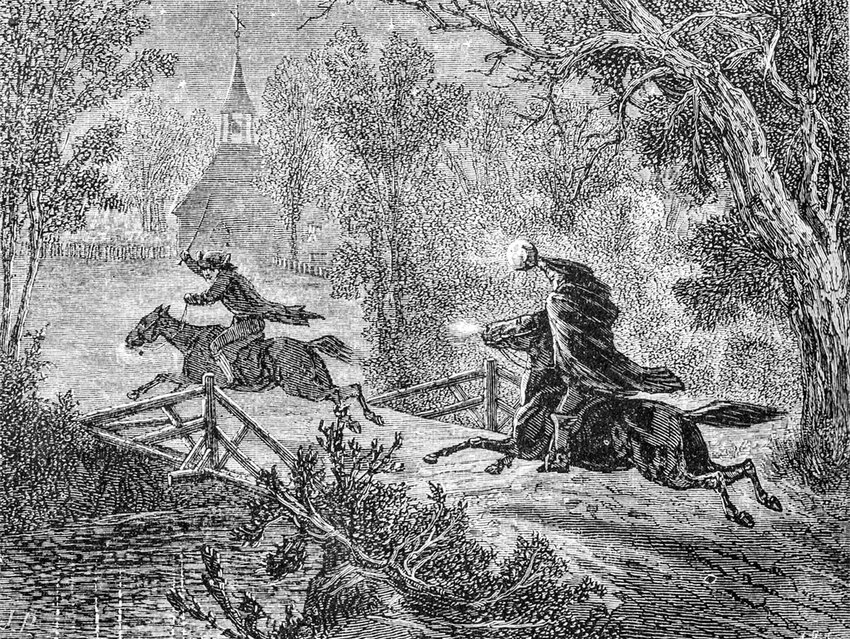
Potentate
[POH-tihn-tayt]
Part of speech: noun
Origin: Latin, 15th century
1.
A powerful ruler; usually a monarch or dictator
2.
Anyone with unlimited power or influence
Examples of Potentate in a sentence
"The potentate’s laws were unpopular, but no one had the courage to speak against him."
"The chef runs his kitchen like a potentate — what he says goes, and you’d better obey quickly."
About Potentate
If you’re calling a ruler a potentate, the implication is that they are all powerful and often abuse that power. A dictator would be considered a potentate. A president or prime minister can’t be a potentate because government structures limit their power. Your mother, however, could probably claim potentate status.
Did you Know?
Potentate comes from the Latin root potent, meaning powerful. Other familiar English words have the same origin: omnipotent (having unlimited power), impotent (helpless or powerless), and plain old potent (having great effect).








